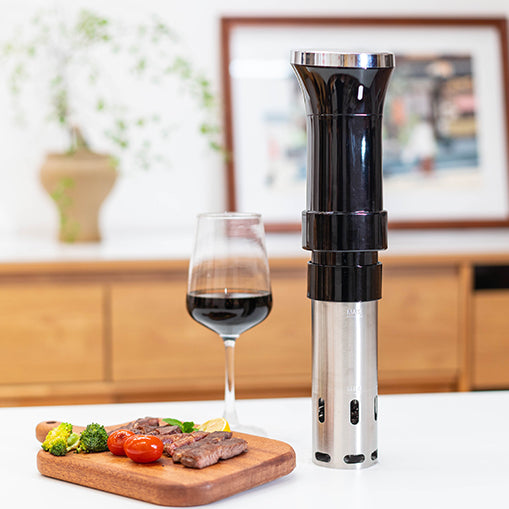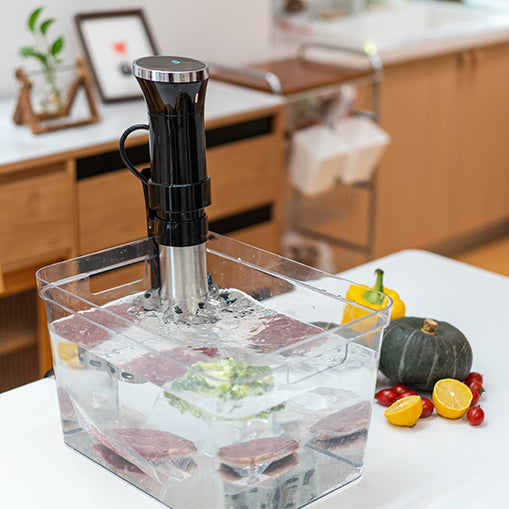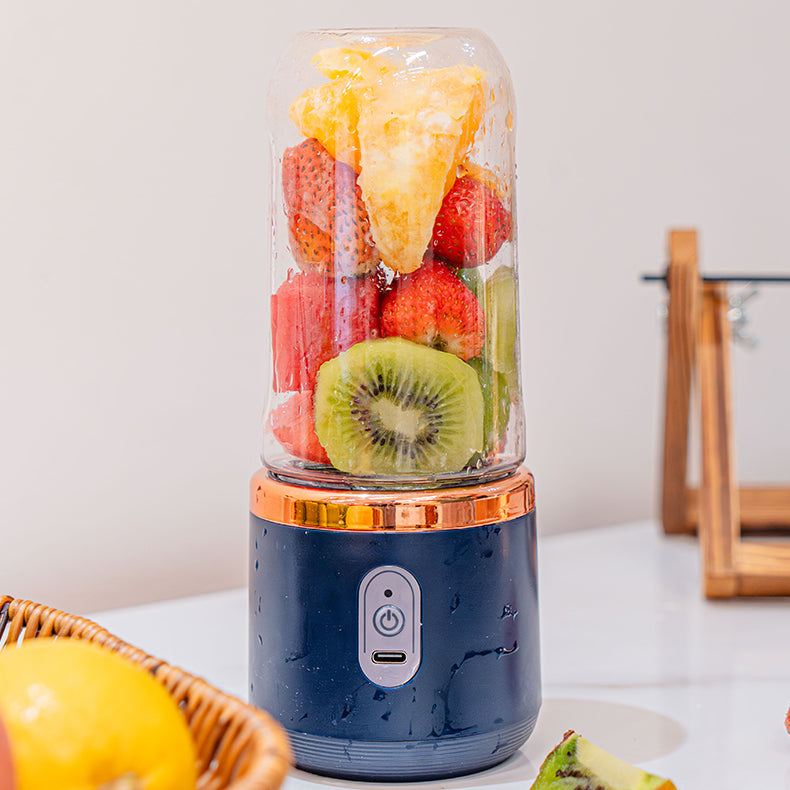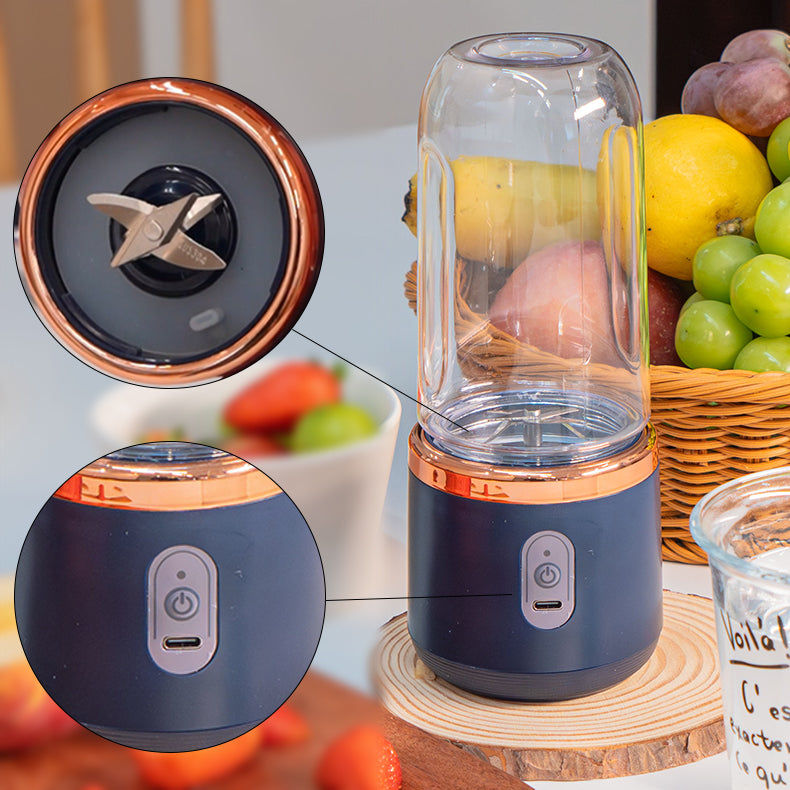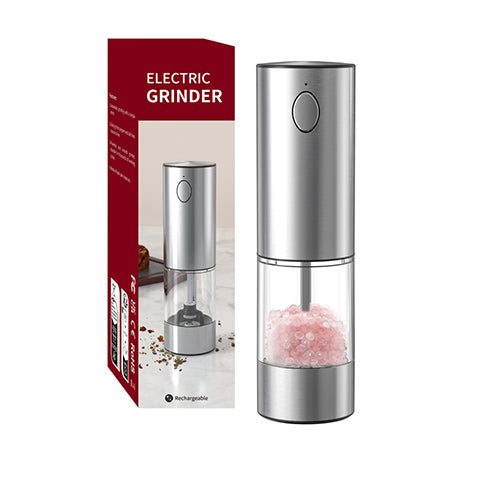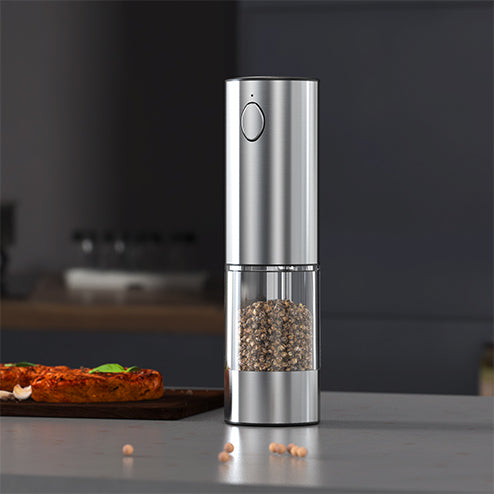For many coffee lovers, the morning ritual isn't complete without a trip to the bathroom shortly after that first cup of joe. But why does coffee make you poop, but not energy drinks? What effect does coffee have on our digestive systems? Don't worry. In this comprehensive guide, we delve into the science behind why coffee makes you poop, exploring the role of caffeine, acidity, and other factors. Whether you're a casual coffee drinker or a devoted aficionado, understanding the link between coffee and bowel movements can help demystify this common phenomenon.

What in Coffee Makes You Poop
So why does coffee make my stomach hurt and poop? To answer this question, we need to know what is in coffee that makes you poop and how does coffee make you poop. Actually, coffee's ability to induce poop is attributed to several factors, including caffeine content, acidity levels, gastrin, and compounds unique to coffee beans. Here let's see exactly how coffee stimulates bowel movements, unraveling the intricate mechanisms underlying the physiological effects.
The Role of Caffeine
Caffeine, a primary component of coffee, is a central nervous system stimulant. It binds to adenosine receptors in the brain, blocking the inhibitory effects of adenosine and increasing neural activity. In the gastrointestinal tract, caffeine stimulates the release of neurotransmitters and hormones, including adrenaline and gastrin. These substances promote increased colon motility and muscle contractions, accelerating the movement of fecal matter and prompting the urge to defecate.
Understanding Acidity’s Impact
Coffee is naturally acidic, with a pH ranging from approximately 4.85 to 5.10. The acidic nature of coffee stimulates the secretion of gastric acid in the stomach. Gastric acid plays a crucial role in the digestive process by breaking down food particles and facilitating nutrient absorption. Additionally, the acidity of coffee may trigger the release of gastrointestinal hormones, such as gastrin and cholecystokinin, which regulate digestive functions. These hormones can enhance bowel motility and contribute to the urgency of bowel movements.
Decoding Gastrin
Gastrin is a hormone secreted by the stomach in response to the presence of food. Coffee consumption triggers the release of gastrin, which stimulates various digestive processes, including increased gastric acid secretion and intestinal motility. Gastrin promotes the rhythmic contractions of smooth muscles in the colon, facilitating the movement of food through the gastrointestinal tract. This accelerated transit time can lead to the urge to defecate shortly after consuming coffee.
Other Compounds
In addition to caffeine and acidity, coffee contains various compounds that may influence bowel activity. Chlorogenic acids, present in coffee beans, possess antioxidant properties and may contribute to the laxative effect of coffee. Furthermore, certain compounds formed during the roasting process, such as melanoidins, may interact with the gastrointestinal tract and modulate bowel function. These compounds act as stimulants to the gastrointestinal tract, promoting peristalsis;- the wave-like contractions of the intestines that propel food forward. By enhancing intestinal motility, coffee aids in the expulsion of waste material from the colon, promoting regular bowel movements.

How to Stop Coffee from Making You Poop
Now we know why does coffee make me poop instantly. While the exact mechanisms may vary among individuals, the overall impact of coffee on gastrointestinal function underscores its role as a natural laxative. However, if you want to change, you can consider implementing the following practical tips to mitigate the pooping effect of coffee:
Choose Low-Acidity Coffee Varieties
Opt for coffee beans with lower acidity levels, as they are less likely to stimulate your digestive system. Look for coffee varieties labeled as "low-acid" or "smooth blend" to minimize the risk of gastrointestinal discomfort.
Limit Caffeine Intake
If you find that caffeine exacerbates your bowel movements, consider switching to decaffeinated coffee or reducing your overall caffeine intake. Decaffeinated coffee offers the rich flavor of coffee without the stimulating effects of caffeine, making it a suitable alternative for individuals sensitive to caffeine's laxative properties.
Add Milk or Cream
Incorporating dairy products like milk or cream into your coffee can help neutralize acidity and reduce the likelihood of experiencing bowel movements. The proteins and fats in dairy products can help buffer the acidity of coffee, making it gentler on your digestive system.
Stay Hydrated
Hydration is key to maintaining digestive health and minimizing the laxative effects of caffeine. Drink plenty of water alongside your coffee to prevent dehydration, which can exacerbate bowel movements. Aim to consume at least eight glasses of water per day to support optimal hydration levels.
Experiment with Timing
Adjust the timing of your coffee consumption to better align with your body's natural bowel rhythms. Consider drinking your coffee earlier or later in the day to coincide with periods of decreased bowel activity. By experimenting with different timing strategies, you can minimize the urgency to poop after consuming coffee and promote more comfortable bowel habits.
Monitor Your Body's Response
Pay attention to how your body responds to different types of coffee and varying caffeine levels. Keep a journal to track any gastrointestinal symptoms or changes in bowel habits after consuming coffee. By monitoring your body's response, you can identify patterns and make informed decisions about your coffee consumption habits.

Conclusion
With coffee being such a staple in our everyday lives, it's no wonder we're curious about its effects. Understanding why does coffee make me poop and how it can induce a bowel movement helps us make informed decisions about our coffee consumption habits. While coffee's pooping effect may be an inconvenience for some, by implementing some practical tips like moderating caffeine intake and experimenting with additives, we can better manage the bowel-stimulating effects of coffee and enjoy our favorite brew without disruption. So experiment with different strategies to find the approach that works best for your unique digestive needs.

